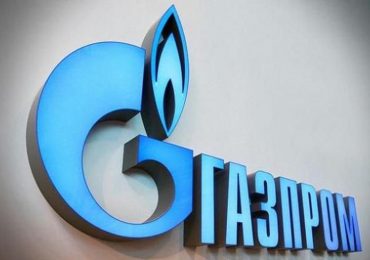Why the importance of the knowledge economy should not be disputed
In recent years, the importance of the knowledge economy in the modern world is no longer in doubt. While raw materials are exhausted, information becomes the most valuable resource. Its main advantage is that it is inexhaustible, and therefore the knowledge market fills an increasing space.
The importance of the knowledge economy in the twenty-first century
Today, knowledge is presented not as a philosophical concept, but as a specific factor affecting the economy of the world. It is high time for humanity to accept the fact that goods or production is only a consequence of the knowledge by which they exist. Knowledge as a product of an individual’s mental activity forms the basis of innovative developments and provision of unprecedented services.
The main features of the knowledge economy are the following. They are already observed in the world, and in the future their presence will only increase.
1. The service sector is ahead of production.
2. More and more money is spent on obtaining knowledge and obtaining the necessary information.
3. In this regard, there is a rapid growth of information and communication sphere.
4. The economies of different countries unite.
5. There are new products and services, which are based on intellectual activity.

Human capital now plays a decisive role in the developed countries, which supply innovative technologies to the markets, optimize production, increase its efficiency. International UN analysts estimated that in the leading states, which include the USA, Japan, Switzerland, Finland and Germany, the share of human capital is up to 80% of the national wealth. There are all conditions for the rapid and comfortable development of minds, while other states are deprived of them because of the inability or unwillingness to provide the necessary infrastructure. Its components, in particular, are the following elements.
● high quality of life
● development of education and science
● activities of venture funds
● focus on high technology
● developed information society
Given this, the knowledge economy in Russia is not yet possible. Over the past 20 years, the state has lost the position of the USSR in the field of science, medicine and education, while not able to compensate for their new successes. The outflow of human capital from the country also affects its position on the world chess board.






